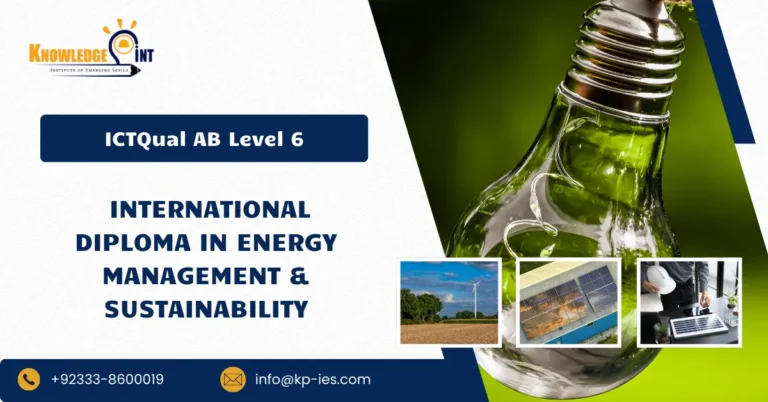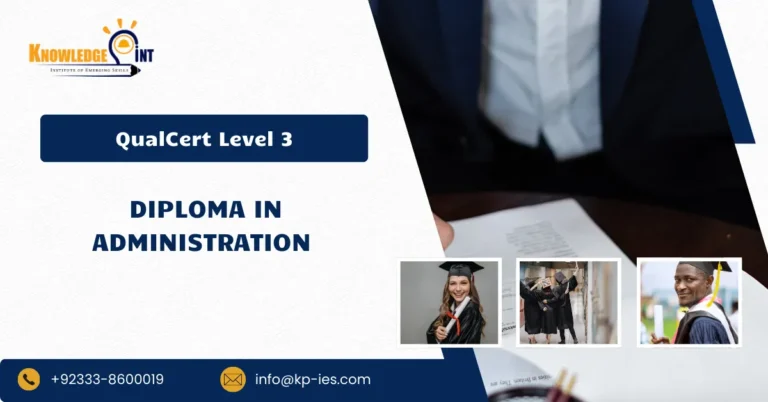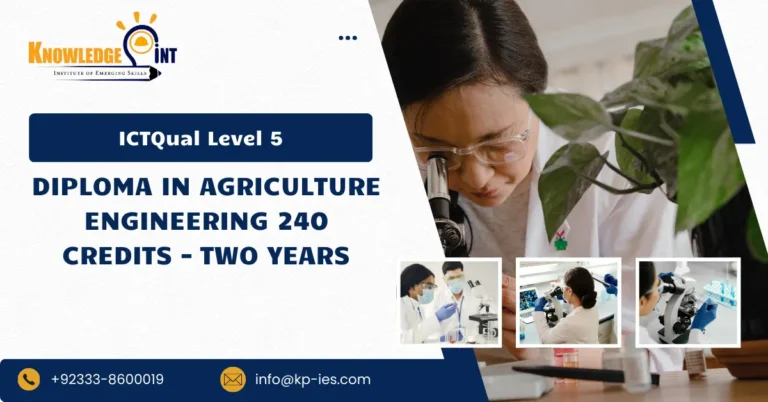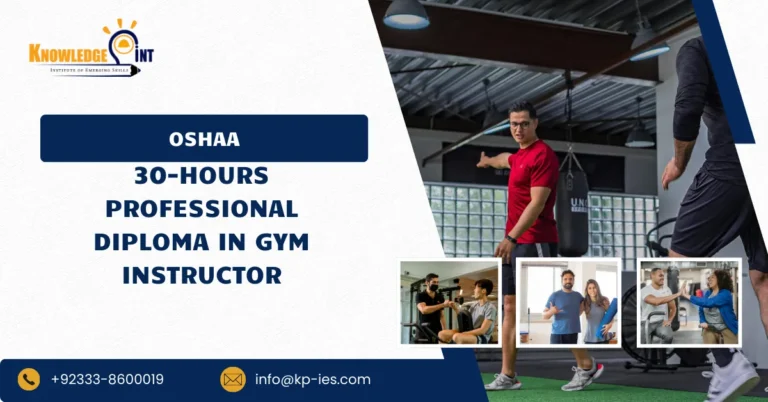OSHAA 30-Hours Professional Diploma
QA/QC Piping Inspector
Awarding Body
OSHAA
Duration
30 Hours
Course Type
QA/QC
study mode
Online Learning
Course overview
The OSHAA 30-Hours Professional Diploma in QA/QC Piping Inspector is a specialized, industry-focused program designed for individuals seeking expertise in the inspection and quality assurance of piping systems. This diploma is particularly relevant for professionals in oil and gas, petrochemical, power generation, and large-scale construction sectors, where the integrity and reliability of piping installations are critical to safety and operational success.
Participants gain in-depth knowledge of QA/QC principles, including piping materials, components, fabrication techniques, and welding processes. The program emphasizes adherence to international standards and codes such as ASME, API, and ISO, ensuring inspections meet global industry best practices. Learners also acquire practical skills in visual inspection, reading and interpreting piping isometrics and engineering drawings, identifying defects, and preparing essential quality documentation, including WPS, PQR, NDT reports, and inspection logs.
By completing this diploma, participants are fully prepared to carry out inspections confidently, ensuring piping systems comply with quality, safety, and regulatory requirements. The course also covers inspection and test plans (ITPs), site quality procedures, and field-based QA/QC practices, providing hands-on insight into real-world project environments. Graduates leave the program equipped to contribute effectively to high-standard, compliant, and safe piping operations across diverse industrial projects.
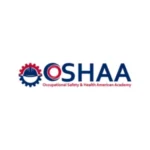
Approved Training centre of OSHAA
For OSHAA Qualifications

Entry Requirments
Entry Requirements for the OSHAA 30-Hours Professional Diploma in QA/QC Piping Inspector:
- Educational Qualifications:A minimum of secondary school education (high school diploma or equivalent) is required. Candidates with technical or engineering qualifications, such as in mechanical, civil, or industrial disciplines, will find the course particularly beneficial.
- Professional Experience:Prior experience in piping fabrication, construction, welding, inspection, or QA/QC activities in industrial sectors like oil and gas, petrochemicals, or power generation is highly recommended but not mandatory.
- English Language Proficiency:Since the program is delivered in English, learners must show competence in reading, writing, and communication.
Course structure
The OSHAA 30-Hours Professional Diploma in QA/QC Piping Inspector qualification consists of 8 mandatory units.


